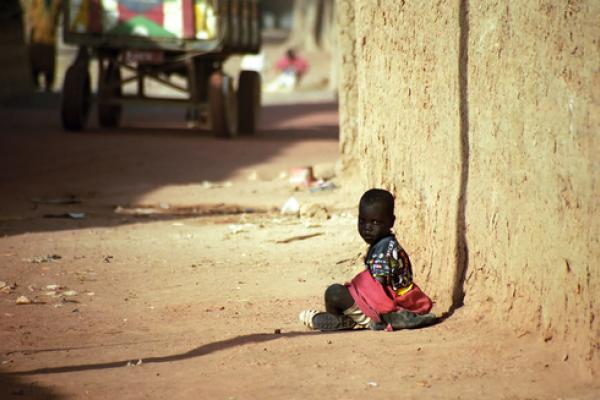Oct 17, 2012
Peacemaking happens in many forms. Sometimes peace is offered to others, and sometimes given in unexpected ways.
It was early morning. The African sun had yet to rise above the mountains, and the sky was the soft yellow of newly shucked corn.
“Beep, beep,” sounded the horn on the old truck as it rumbled to a stop in front of my house. My old friends – Momadu, Madu, and Balamusa – greeted me with smiles, waves, and morning blessings.
We were on our way from Kenieba, a small town in western Mali, to Sitaxoto, a large village about two hours away over a broken dirt road.
A church was there, a little group of people who met each week outside under a big baobab tree to pray, study the Bible, share their stories and ask, “How do we follow Jesus?”
Read the Full Article

Already a subscriber? Login
